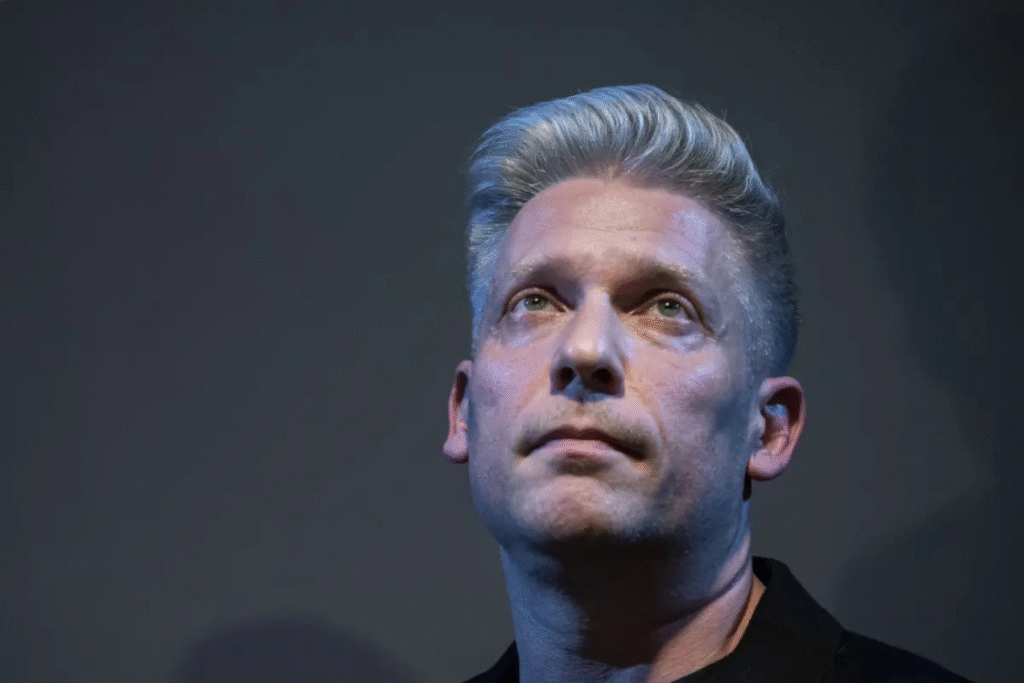
The European Court of Human Rights (ECHR) has rejected a complaint by Julian Hessenthaler, the creator of the “Ibiza video.” Hessenthaler had claimed that his prosecution in Austria for drug trafficking was politically motivated because of his central role in the so-called “Ibiza affair.” The publication of the video in 2019 led to the collapse of the turquoise-blue governing coalition.
In March 2022, Hessenthaler was sentenced in Austria to three and a half years in prison for cocaine trafficking and document forgery. The judgment later became final, with all appeals and requests for release rejected by the judiciary. In February 2023, the “Ibiza detective,” who has since been released from prison, took his case to the court in Strasbourg.
In his application, he argued under Article 6 (right to a fair trial), both alone and in connection with Article 13 (right to an effective remedy), as well as Article 10 (freedom of expression), that he had been wrongly accused and that the criminal proceedings were unfair. Among other things, he criticized that not enough defense witnesses were admitted and that one witness was heard in his absence.
The judges in Strasbourg, however, did not follow Hessenthaler’s arguments in their decision published Thursday. They saw no obvious errors by the national courts that would have violated his rights under the European Convention on Human Rights. For example, the credibility of the witnesses against the “Ibiza detective” was examined and deemed sufficient, and the rejection of additional exculpatory witnesses was also upheld. The decision to hear a witness in Hessenthaler’s absence was also found to be justified and well-founded.
Hessenthaler’s argument that the proceedings were unfair and that his conviction could have a chilling effect on freedom of expression was also dismissed by the court. The actions for which the applicant was convicted were entirely independent of his involvement in the secret recording and publication of the “Ibiza video,” the decision stated. Therefore, Article 10 of the Convention was not affected.
Overall, the court found no indication that the proceedings against Hessenthaler were unfair or arbitrary. The judges unanimously declared his application inadmissible.
Hessenthaler produced the video that showed then-FPÖ leader and Vice Chancellor Heinz-Christian Strache and FPÖ parliamentary group leader Johann Gudenus in a villa in Ibiza in conversation with a supposed oligarch’s niece. After the publication of the recordings in May 2019, the turquoise-blue coalition broke apart, and Strache and Gudenus lost their offices.
The “Ibiza detective” was eventually arrested in Berlin in December 2020 after a search, extradited to Austria, and placed in pre-trial detention. After his conviction and serving his sentence, Hessenthaler wrote a book about the affair and has repeatedly appeared publicly at discussion events.

